The tropical climate of the Philippines makes it possible for the soil to grow some delicious exotic fruits. Most of these exotic fruits are of South American origin and brought here by the West Indies, Spanish or the Americans. These heavenly fruits can be found fresh in the local market for cheap prices. Some of the fruits mentioned are only available seasonally.
MORE EXOTIC FRUITS FROM THE PHILIPPINES....
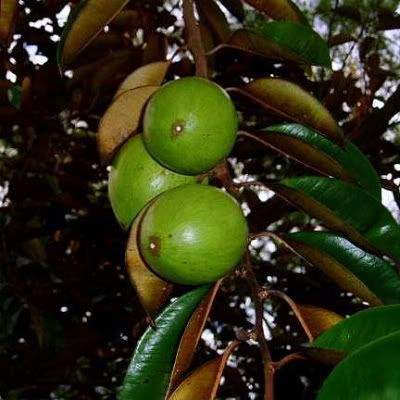
Kaimito (Star Apple)
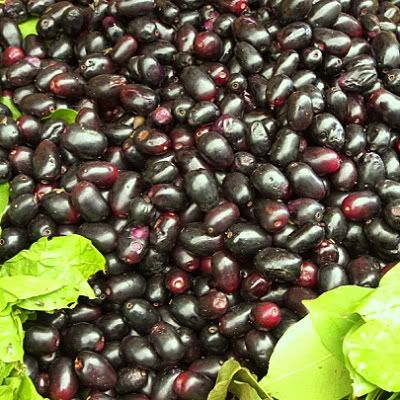
Duhat (Java Plum)
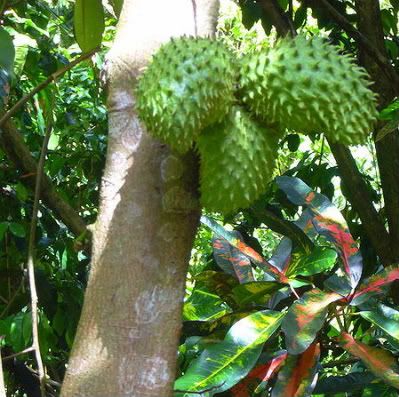
Guyabano (Soursop)
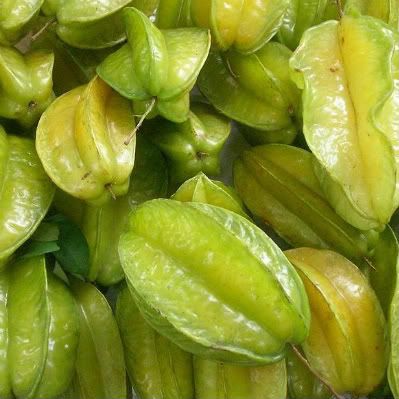
Balimbing (Star Fruit)
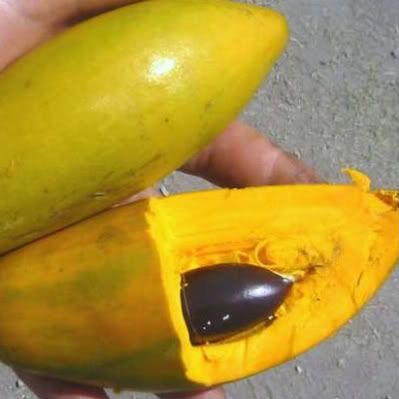
Chesa (Lucuma) It has the texture of squash or the yolk of a boiled egg.
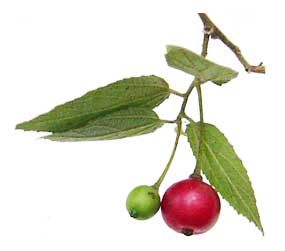
Aratiles (Jamaica Cherry, Muntingia) These cherries are very sweet. The sweetness brings with it an excellent taste, because it has a lovely fragrance that makes people keep on eating them. These cherries are often eaten by children because they taste quite like cotton candy.
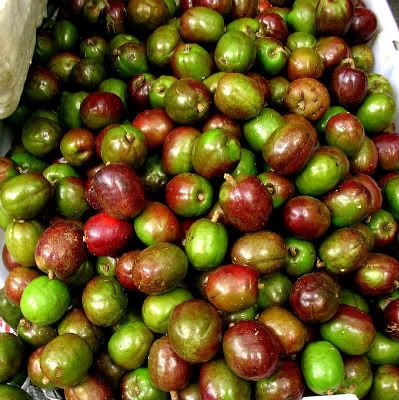
Sinigwelas (Spanish Plum) It does taste like plum but it has less flesh and more seed.
- Philippine Mangoes - undeniably Philippine mangoes are the sweetest and juiciest in the world. Recorded in the 1995 World Guinness Book of Records as the sweetest fruit. The sweetest mangoes come from the province of Zambales and Guimaras in IloIlo.
- Rambutan - sweet and juicy when fresh. Rambutan literally means hairy caused by the 'hair' that covers this fruit.
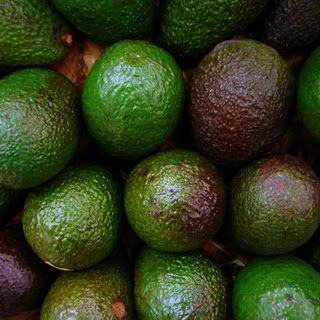
- Avocado - very refreshing as fruit shake. Try if you can find avocado flavored ice-cream in the local groceries. Arce is a good brand of local ice cream. They use local fruits as flavor. Avocado is cheap in the Philippines. You can buy them at 1$USD for a kilo and when in season they can go as low as .50$USD per kilo!
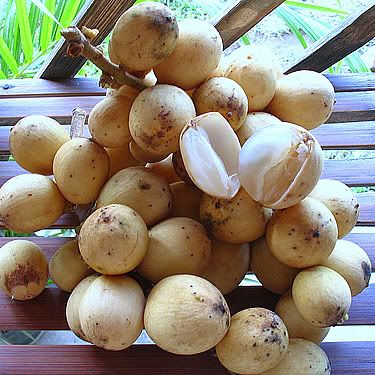
- Lanzones - sweet and succulent little round fruits. The sweetest lanzones come from the province of Camiguin, where they hold an annual festival celebrating the lanzones fruit.
- Durian - the king of Tropical fruits found it's way in the Philippines through our neighboring countries. Known for its large size and unique aroma. Some people regard the durian as fragrant; others find the aroma overpowering and offensive. The 19th-century British naturalist Alfred Russel Wallace famously described its flesh as "a rich custard highly flavoured with almonds". The province of Davao in Mindanao is home to durian farms.
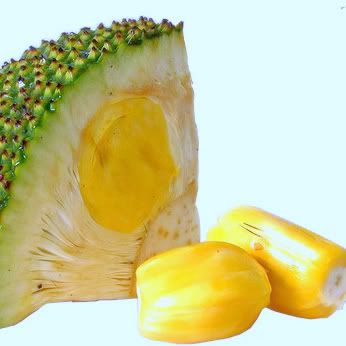
- Langka (Jackfruit) - when ripe this fruit is very sweet and has a very aromatic flavor. It also widely used as cooking ingredient for local desserts such as ginataan and turon.
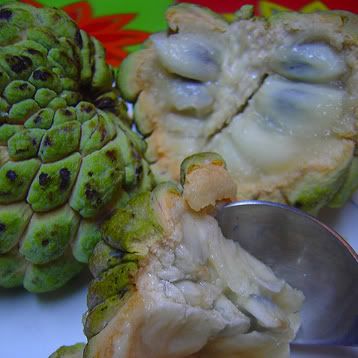
- Atis (Sugar Apple) - very sweet and creamy. It's a little bit of effort to eat this fruit as they have a lot of seeds. The fruit flesh is sweet, white to light yellow, and resembles and tastes like custard. The edible portion coats the seeds generously; a bit like the gooey portion of a tomato seed. Sugar-apple has a very distinct, sweet-smelling fragrance
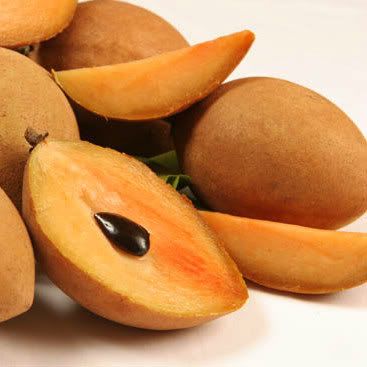
- Chico (Sapodilla) - It's aroma can be compared to beer but don't let it fool you for it is tasty. The flavor is exceptionally sweet with what can be described as a malty flavor. Originally known to have come from the West Indies
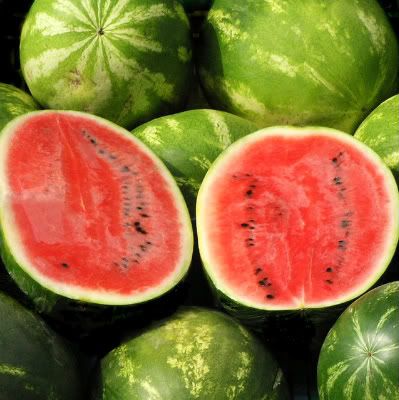
- Watermelon (Pakwan) - though widely available in many parts of the world nothing beats the refreshing taste of a succulent, sweet and juicy watermelon in the summer months.
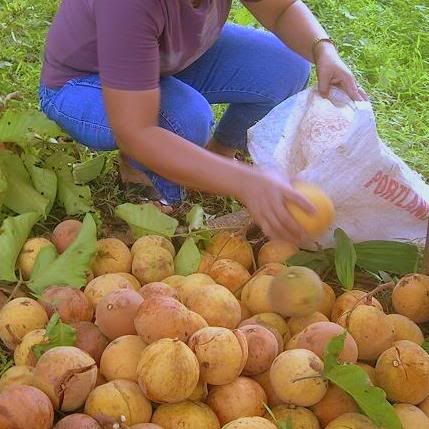
- Santol (Wild Mangosteen) - available during the summer season. The taste is sweet and sour. The bigger variety called "Bangkok" is sweeter, the smaller variety is on the sour end. It is also used as souring agent for some Filipino dishes like sinigang.
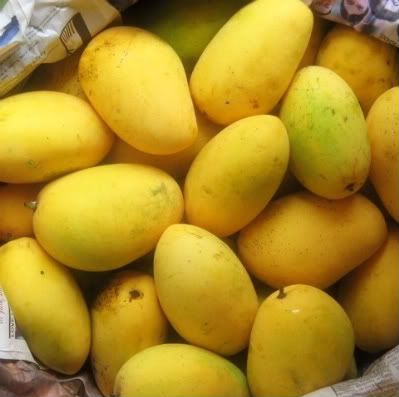
There is a wide variety of mangoes in the Philippines but the most popular and the sweetest is the "Kalabaw" variety. Locals eat unripe green mangoes with bagoong (shrimp paste) although this maybe an usually acquired taste. Green mangoes are great with vodka as cocktails!
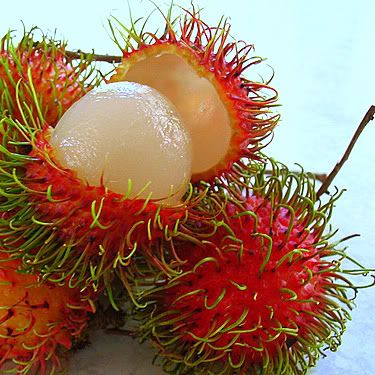
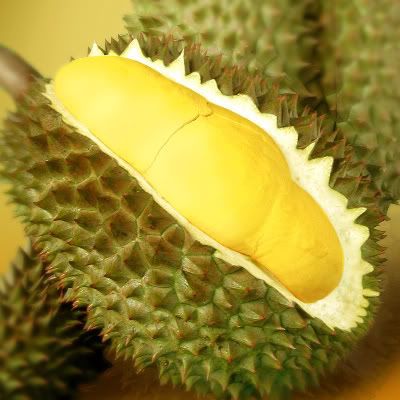
MORE EXOTIC FRUITS FROM THE PHILIPPINES....

Kaimito (Star Apple)

Duhat (Java Plum)

Guyabano (Soursop)

Balimbing (Star Fruit)

Chesa (Lucuma) It has the texture of squash or the yolk of a boiled egg.

Aratiles (Jamaica Cherry, Muntingia) These cherries are very sweet. The sweetness brings with it an excellent taste, because it has a lovely fragrance that makes people keep on eating them. These cherries are often eaten by children because they taste quite like cotton candy.

Sinigwelas (Spanish Plum) It does taste like plum but it has less flesh and more seed.
Niciun comentariu:
Trimiteți un comentariu